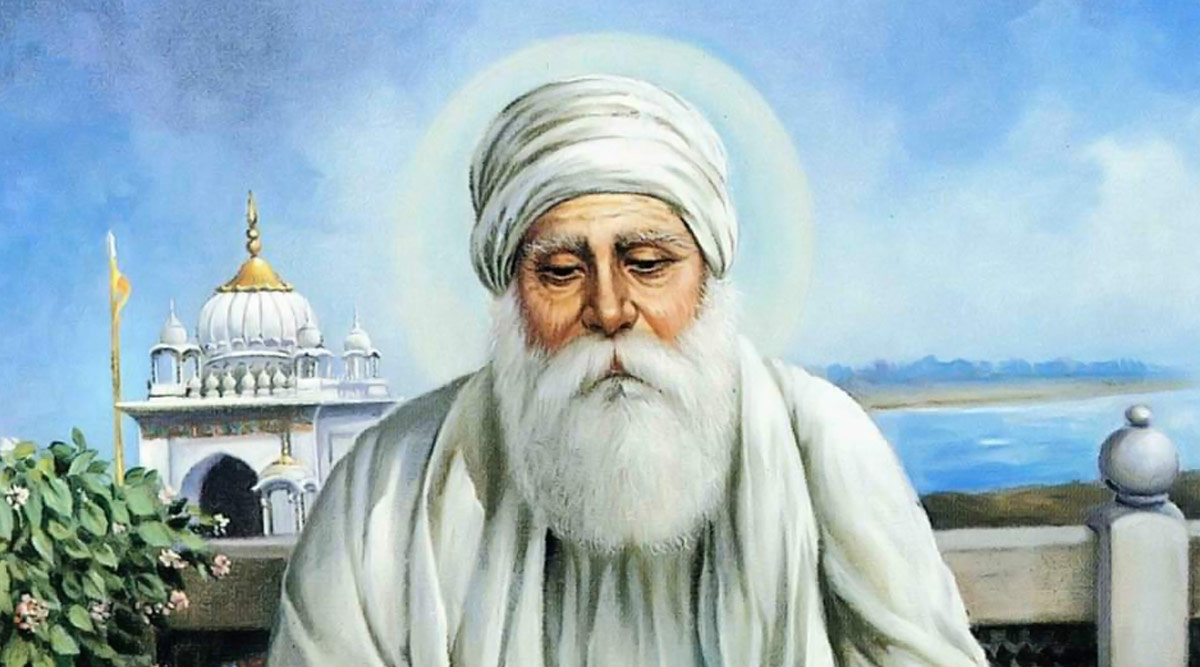Guru Amardas was the third Guru of the Sikhs and played a crucial role in shaping the early years of the Sikh religion. He was born in 1479 in the village of Basarke in Punjab, India, and was the son of Tej Bhan Bhalla and his wife Mata Lachmi.
Early Life of Guru Amardas
Guru Amardas grew up in a devout Hindu family and was trained in the traditional religious practices of his community. He was married at the age of 16 and had two children. After his wife passed away, Guru Amardas moved to Goindval to live with his brother-in-law, Guru Angad, who was the second Guru of the Sikhs.
Role as Guru
Guru Amardas became the third Guru of the Sikhs after Guru Angad's death in 1552. He led the community for 22 years until his own death in 1574. During his tenure, Guru Amardas made significant contributions to the Sikh religion, and his teachings continue to influence Sikhs around the world today.
One of Guru Amardas's most significant contributions was the establishment of the Manji system. The system involved the appointment of Sikh preachers, or Manjis, who were responsible for spreading the Guru's message and building a network of Sikh congregations across the country. This system helped to unify the Sikh community and spread the teachings of the Guru across India.
Another significant contribution of Guru Amardas was the establishment of the tradition of Langar, or communal kitchens. The Langar was a place where people from all walks of life could come together and share a meal, regardless of their caste, creed, or social status. The tradition helped to break down barriers between different communities and promote unity among Sikhs.
Guru Amardas also played a crucial role in shaping the Sikh scripture. He is credited with compiling the hymns of Guru Nanak and Guru Angad into the Adi Granth, which is considered the central text of the Sikh religion. Guru Amardas also added his own compositions to the text, and the Adi Granth was later expanded by subsequent Gurus.
Legacy
Guru Amardas's contributions to the Sikh religion were immense and have had a lasting impact on the community. His emphasis on social equality, communal living, and spiritual devotion continue to shape the Sikh way of life today.
Guru Amardas is remembered as a spiritual leader, social reformer, and community builder. His teachings continue to inspire Sikhs around the world, and his legacy remains an integral part of the Sikh faith.

